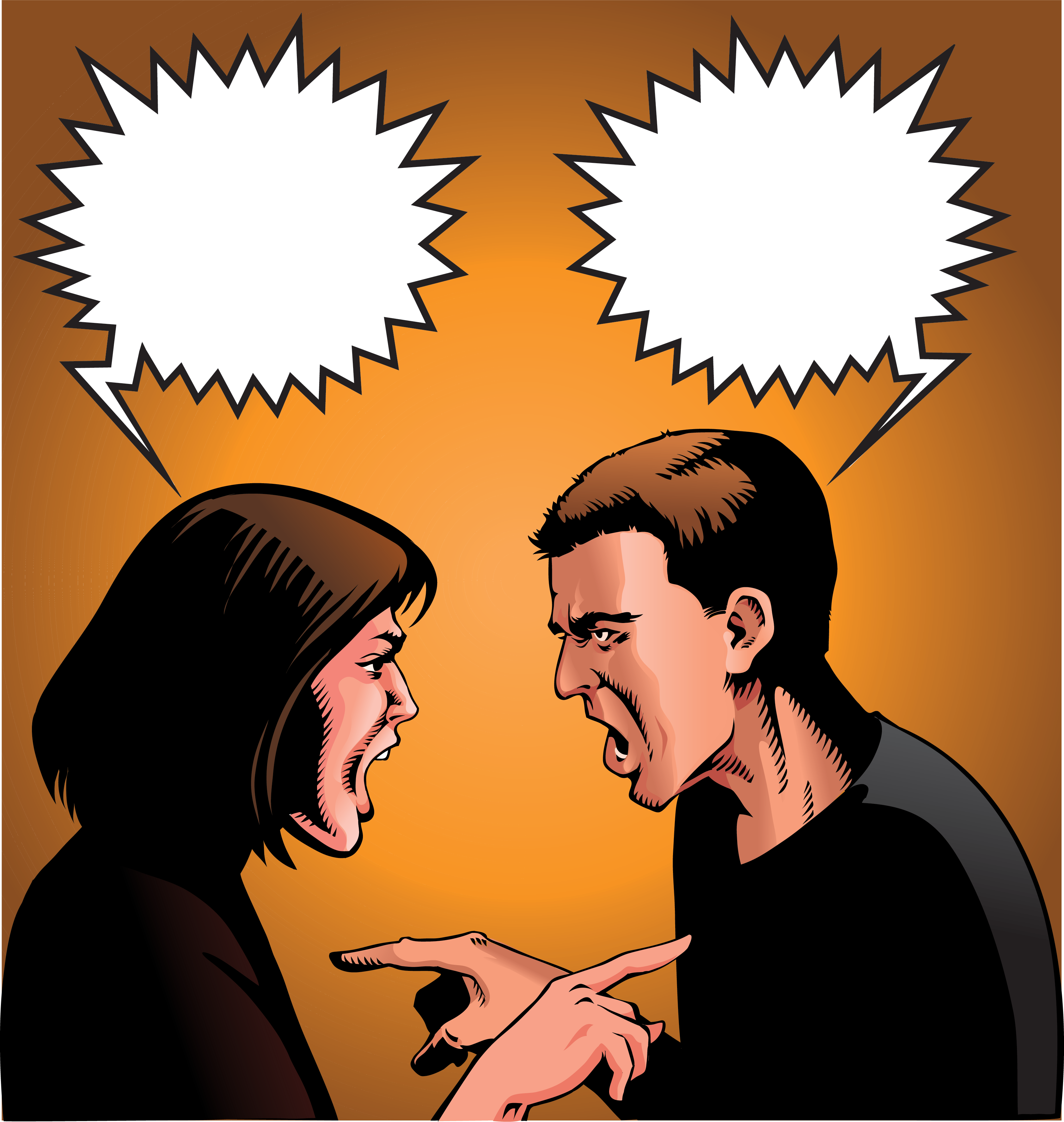Are Hot Buttons Hijacking Your Progress? Five Ways to Regain Control When You’re Triggered

You probably know that a “Hot Button” is an emotional or controversial issue or concern that triggers an immediate, intense reaction.
Sound familiar? Most of us can think of at least one topic that can quickly turn a discussion into an epic meltdown, especially during a stressful time like divorce. But knowing what triggers you (and your spouse!), and changing a reaction to a response, can put you back in the driver’s seat.
Why does it matter? You’re separating from this person anyway, is it worth the effort to manage these issues? Yes, yes, yes! Here’s why:
If you’ve read any of my blog posts, hopefully you know that any suggestions I offer are to help you tap into your strengths and give you the tools to make decisions you’ll feel good about both during and after divorce. In this case, identifying what might cause a negotiation to go sideways due to an emotional blow-up will help you accomplish three important goals:
- You’re more likely to get what you want when you can present it well and keep your cool.
- You’ll keep legal bills down and keep your process moving forward if you and your spouse are able to discuss key issues, rather than communicate only through lawyers.
- You start the process of disengaging from patterns that probably won’t serve you post-divorce. Learning to change the way you and your spouse interact about difficult topics will serve you short- and long-term.
Let’s backup and understand what happens when someone gets triggered. To put it simply, when you get a reaction that seems bigger, or disproportionate to the situation, you’ve probably hit on a trigger. For example, maybe talking about money causes intense anxiety, which may not allow you to hear what the other person is saying, even if the specific topic isn’t upsetting. When this happens, our “Lizard Brain,” the area where our fight or flight response lives, has kicked in and is now “driving the bus.” It’s so important to recognize that the conversation won’t be productive until the lizard brain is riding in the back seat again.
How can you do that? Here are five proven ways to avoid hot buttons and keep a conversation productive.
- Identify the hot button issues for you and your spouse. For example, if your spouse’s hot button issue is the house, recognize it and think about how you can start a respectful discussion. “I know we need to talk about the house and that this is a difficult topic. Do you want to tell me what you’re thinking?” Be willing to do the same for your issues. If the house is your hot button, try “I hope you’ll be willing to listen to my thoughts about this topic. It’s a hard one for me and I’m stressed about it.” Naming the issue can diffuse tension.
- Think Big Picture. During a stressful time like divorce it’s understandable that issues get escalated, but the process will be easier on you both if you can back away from, rather than push each other’s hot buttons. Take the time to think about how to address challenging topics without escalating.
- Respond vs. React. When you touch on something that generates a heated response, recognize it for what it is and try not to dig in. Pause rather than escalating with something equally heated. And on the other side, if you feel yourself getting upset, make an effort to do the same. Try: “Maybe we should pause this conversation for now so we can both cool off,” or “I see how strongly you feel about this, tell me why it’s so important to you,” rather than, “I’m so tired of you digging in on this issue. You have to be reasonable; you’re being ridiculous.”
- It’s Not About You. This may be the hardest and most valuable tip. The truth is, we all take things personally, especially during emotionally charged conversations. But try to remember that once the lizard brain is driving, seatbelts are off, and the ride can get ugly. Look for a new perspective. When you don’t engage, you immediately start to deescalate the situation.
- Step Away and Regroup. It takes courage to step out of the hot button cycle when you see it coming. Pause, ask questions, and be willing to actively listen to move things forward. Try one of these questions when you’re stuck: Tell me more; explain it to me; or help me understand.
When you are willing to consider the hot button issues both you and your spouse are dealing with, you will reduce conflict, deescalate tension, and move toward compromise, all of which are well worth the effort as you move through this process and toward a future you’ll love.
